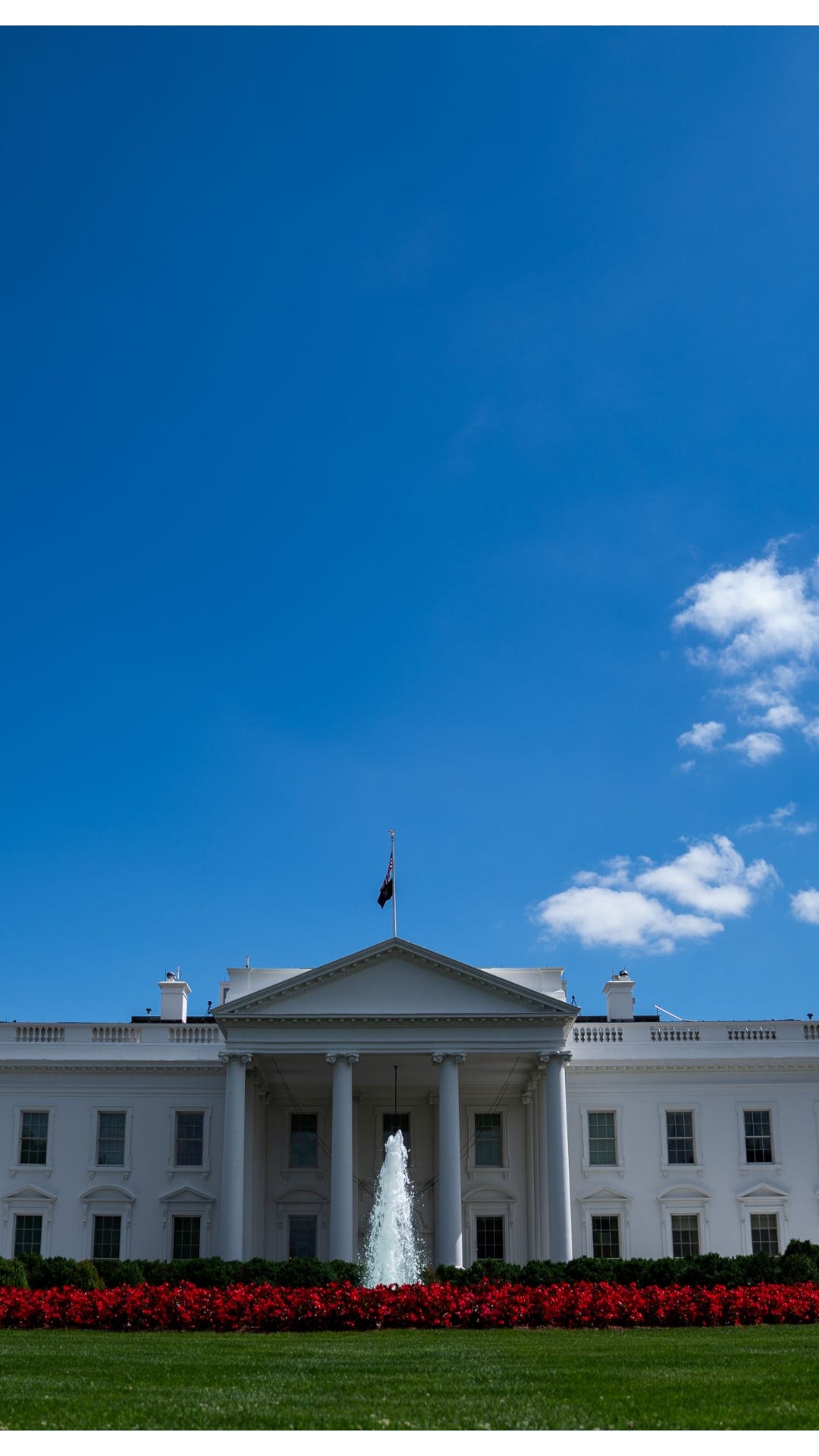Biden pardons son Hunter: What is a presidential pardon? Who did Trump, others pardon?

President Joe Biden announced Sunday that he pardoned his son Hunter Biden who was convicted of three federal gun felonies and federal tax charges earlier this year.
The president had stated previously he did not plan on pardoning his son.
"Today, I signed a pardon for my son Hunter," the president said in a statement. "From the day I took office, I said I would not interfere with the Justice Department’s decision-making, and I kept my word even as I have watched my son being selectively, and unfairly, prosecuted."
The president said he believes in the justice system but specifically believes “raw politics has infected this process, and it led to a miscarriage of justice.” He said he hoped that “Americans would understand why a father and president would come to this decision.”
Here’s what you need to know:
Why was Hunter Biden pardoned?
White House press secretary Karine Jean-Pierre said President Biden notified he planned to pardon Hunter Biden over the weekend. Jean-Pierre said the President was celebrating Thanksgiving with his family in Nantucket, Massachusetts – Hunter Biden was present.
“One of the things that the president always believes is to be truthful to the American people,” Jean-Pierre told reporters during a gaggle on Air Force One.
Jean-Pierre said, "Two things can be true. The President does believe in the justice system and the Department of Justice. And he also believes that his son was singled out politically."
What was Hunter Biden found guilty of?
In June, Hunter Biden was found guilty of falsely filling out a federal form disclosing he was addicted to narcotics when he purchased a firearm, lying to a gun dealer, and possessing the revolver despite restrictions against people addicted to drugs owning firearms.
Additionally, he was found guilty of nine charges, including failing to pay his taxes from 2016 to 2019.
What was Hunter Biden pardoned for?
Hunter Biden was expected to be sentenced for both convictions in the coming weeks. President Joe Biden pardoned his son of all charges related to his convictions.
In a statement issued after his pardon, Hunter Biden said he has "admitted and taken responsibility for my mistakes during the darkest days of my addiction – mistakes that have been exploited to publicly humiliate and shame me and my family for political sport."
"I will never take the clemency I have been given today for granted and will devote the life I have rebuilt to helping those who are still sick and suffering,” Hunter Biden said.
Donald Trump’s reaction to Biden pardon
Several Republican and some Democrat lawmakers, including President-elect Donald Trump, met the President’s decision with backlash.
Trump criticized the pardon, asking whether those prosecuted for the Jan. 6, 2021, insurrection were included. Trump has previously said he would pardon those who were convicted for the attack on the U.S. Capitol.
“Does the Pardon given by Joe to Hunter include the J-6 Hostages, who have been imprisoned for years? Such an abuse and miscarriage of Justice!” Trump wrote on Truth Social.
What does it mean to pardon someone?
A sitting president can “grant reprieves and pardons” to someone for crimes they have committed under Article II, Section 2 of the Constitution. Constitutionally, a pardon is granted “relief from the consequences of a criminal act.”
The relief can take several distinct forms, be temporary or permanent, partial or all-encompassing and may be granted at any time after the alleged commission of a federal crime.
What presidents have pardoned their relatives?
No child of a president has ever been charged criminally or convicted of crimes before Hunter Biden, but other relatives of presidents have received clemency.
In 2020, Former President Donald Trump pardoned his son-in-law’s father, Charles Kushner, who was convicted of preparing false tax returns, retaliating against a cooperating witness, and making false statements to the Federal Election Commission in 2005. Kushner served more than 16 months of a two-year sentence in a federal prison and halfway program. (Trump said over the weekend he'll make Charles Kushner the next U.S. ambassador to France.)
In 2001, Former President Bill Clinton on his last day in office pardoned his half-brother, Roger Clinton, for a cocaine-related conviction in 1985. Roger Clinton had served more than a year in prison after pleading guilty to conspiring to distribute cocaine.